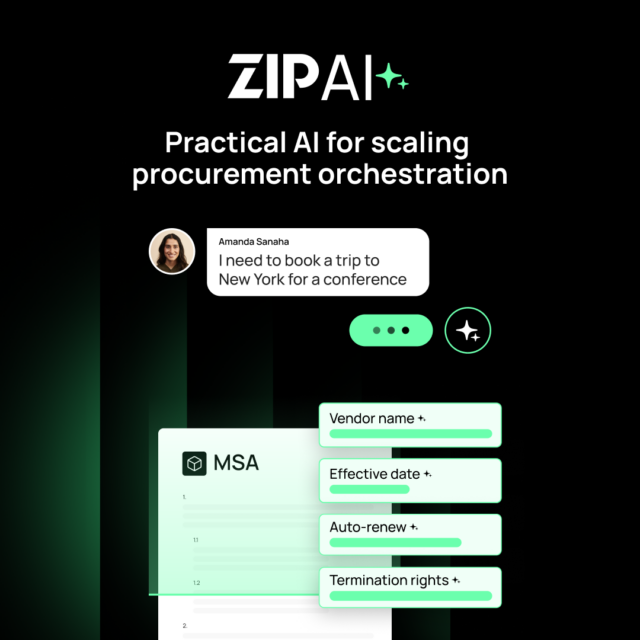Generative artificial intelligence (AI) exploded into the public consciousness in early 2023. Since then, the technology has attracted vast amounts of media attention, controversy and, crucially, investment. Now, tech companies are struggling to bridge the gap between hype and reality. Between the billions upon billions of dollars spent to bring AI to market and the reality that it may not be the game-changer it’s being sold as. Increasingly, it appears as though it might be a very expensive, complicated, ethically flawed, and environmentally disastrous solution in desperate search of a problem.
“AI chatbots and image generators are making headlines and fortunes, but a year and a half into their revolution, it remains tough to say exactly why we should all start using them,” observed Scott Rosenberg, managing editor of technology at Axios, in April.
Nevertheless, Generative AI is seeing huge investment across virtually all sectors. In the procurement market, the technology is on track for substantial growth. Market projections estimate the value of AI in procurement to soar to more than $2.2 billion by 2032.
Can we use AI for procurement?
In January, Gartner found that 43% of procurement leaders were planning to implement the technology within the next 12 months. It’s worth noting that this investment in generative AI lags slightly behind the supply chain function in general. However, it’s still close to half of alll CPOs planning to buy an AI tool. Maybe a slower approach for the industry as a whole wouldn’t be such a bad thing.
It’s likely that AI will have applications that are worth the price of admission. One day.
Its problems will be resolved in time. They have to be; the world’s biggest tech companies have spent too much money for it not to work. Nevertheless, using “AI” as a magic password to unlock unlimited portions of the budget feels like asking for trouble.
As Mehul Nagrani, managing director for North America at InMoment, notes in a recent op-ed, “the technology of the moment is AI and anything remotely associated with it. Large language models (LLMs): They are AI. Machine learning (ML): That’s AI. That project you’re told there’s no funding for every year — call it AI and try again.” Nagrani warns that “Billions of dollars will be wasted on AI over the next decade”. Applying AI to any process, including procurement, without more than the general notion that it will magically create efficiencies and unlock new capabilities carries significant risk.
Tom Whittaker, director at independent UK law firm Burges Salmon, warns that “Use of AI in procurement requires clear purpose. Purpose drives the design, development and deployment of an AI system, how it will be incorporated into existing systems and processes, and how those responsible for the AI system measure performance and legal compliance.”
Without clear intention and thoughtful execution, AI risks becoming a multi-million pound albatross around a procurement department’s neck.
The problem with AI chatbots and other “low hanging fruit”
According to GEP, AI represents a broad array of “low hanging” fruit for the procurement sector. These low hanging druit include “automating invoice processing, optimising spend with AI and augmenting capabilities through AI chatbots.” Companies looking to drive quick value from AI can supposedly exploit these options to save money and easily increase efficiencies.
But is that true?
Let’s talk about chatbots. The technology has struggled to perform as a replacement for human customer service reps.
In the UK, a disgruntled DPD customer—after a generative AI chatbot failed to answer his query—was able to make the courier company’s chatbot use the F-word and compose a poem about how bad DPD was.
In the US, owners of a car dealership were horrified when their AI chatbot started selling cars for $1.
After Chris Bakke, who perpetrated the exploit, received over 20 million views on his post, the car company announced that it would not be honouring the deal made by the chatbot. It argued that, because the chatbot wasn’t an official representative of their dealership, it didn’t have the authority to offer discounts.
Evangelists for the rapid mass deployment of AI to the procurement sector seem all too ready to hand over vital processes like contract negotiation to AI that can, without much difficulty it seems, be convinced to sell items worth tens of thousands of dollars for roughly the cost of a chocolate bar.











